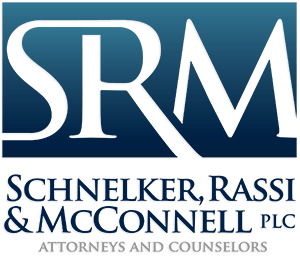The creation of Family LLCs (or Family Cottage LLCs) for owning and administering a lake cottage has been a successful planning technique used by families to ensure a smooth administration and transition of ownership of the family cottage. The Family Cottage LLC has also been successfully used to transfer portions of ownership in the family LLC to the next generation without subjecting the property to an uncapping of property taxes.

However, the Family Cottage LLC has a major drawback relating to the uncapping of property taxes. As soon as more than 50% of the interests in the LLC are transferred from the original owners (cumulatively) then the property uncaps even though the ownership of the cottage itself (by the LLC) remains the same. Uncapping the property tax for a lake cottage that has been in the family for years could double or triple the annual tax burden on the property. While, it is possible that this underlying change in ownership may not be exposed for a number of years, under applicable state statutes the local assessor, once they find out, can uncap the property for the year of discovery and also assess taxes and penalties retroactively to the date at which the uncapping should have occurred.
Recent Michigan Supreme Court Case Presents an Opportunity
Until recently, the possibility of passing down the family cottage to the next generation without an uncapping of the property was slim. However, under the 2011 holding of the case of Klooster v. the City of Charlevoixthe Michigan Supreme Court clarified that a piece of real estate could be transferred to one or more generations via a deed of joint tenants with full rights of survivorship between the original owners and their children and/or grandchildren. In this way, even upon the deaths of the original owners and the automatic transfer of the property to the remaining joint tenants there is no uncapping of the property tax. Theoretically, the original owners could deed the property and include as joint tenants with rights of survivorship all of their children, grandchildren, and even great-grandchildren as joint tenants. In this way, the property could avoid uncapping of the property taxes for several generations.
Unfortunately, the drawback to this method is that it creates a last man standing, winner takes all approach to ownership of the family cottage. This means that the youngest member of the family that is deeded an interest in the property would likely be the last one standing and own the entire property after surviving all of the previous owners.
A Better Mousetrap?
What if the family could enjoy the continued lower taxes under the holding of the Kloostercase over several generations but still maintain some checks and balances within the family that would avoid the last man standing, winner takes all problem for the family? We have been reviewing in detail the holding in the Klooster case, as well as the statutory requirements and exceptions relating to the uncapping of property taxes and, have come up with several strategies that can be used, depending on the family circumstances, to maintain the administrative and ownership structure benefits of the Family Cottage LLC while taking advantage of the tax savings offered by ownership through joint tenancy with rights of survivorship under the Klooster case. For more information or if you would like us to review your family’s family cottage and property tax situation, please call Andrew Rassi or Jason Schnelker to review your individual situation.
Contact Us
Our lawyers in Grand Rapids, MI, would be more than happy to help with your case! Call Schnelker, Rassi & McConnell, PLC at (616) 828-1195 to set up a meeting with one of our trusted attorneys.


